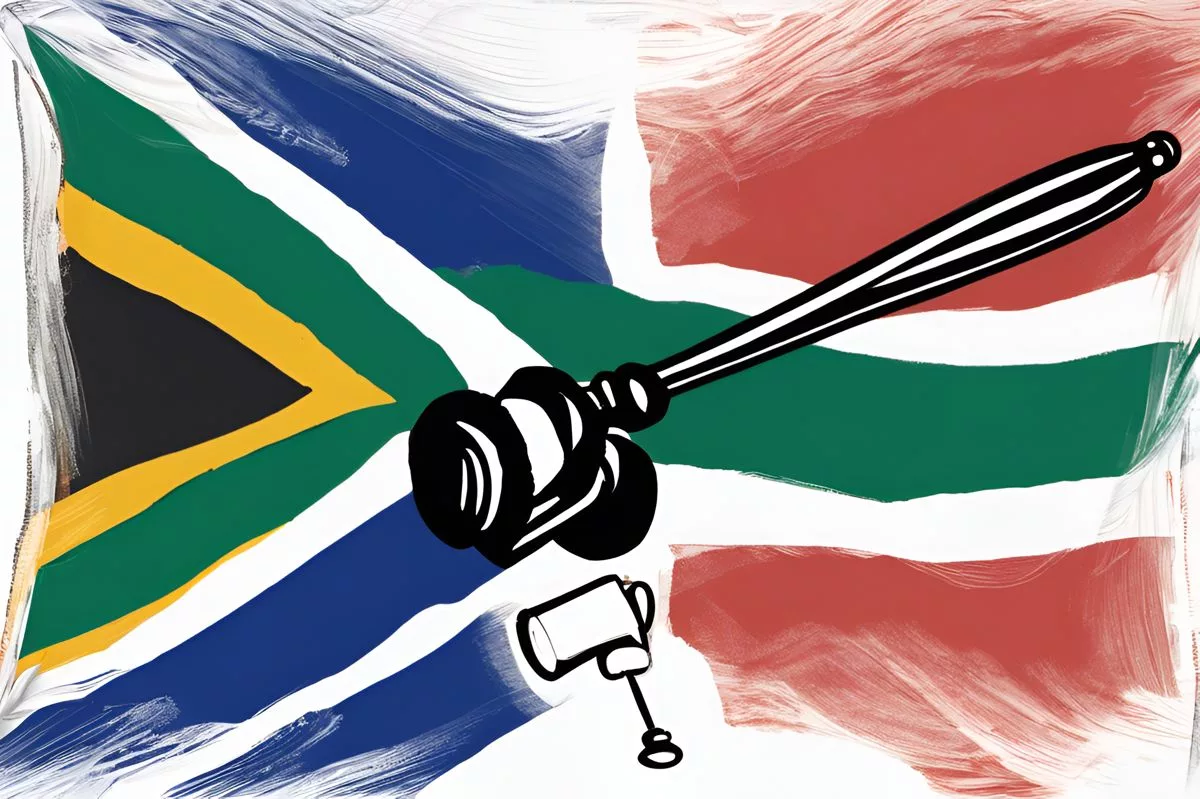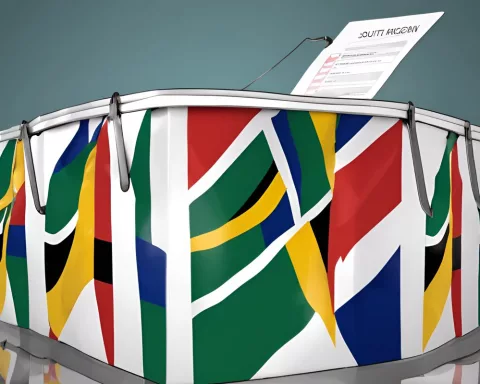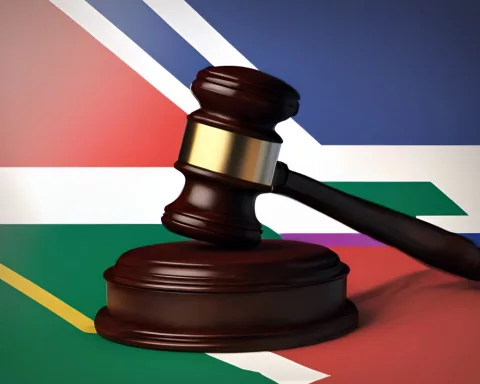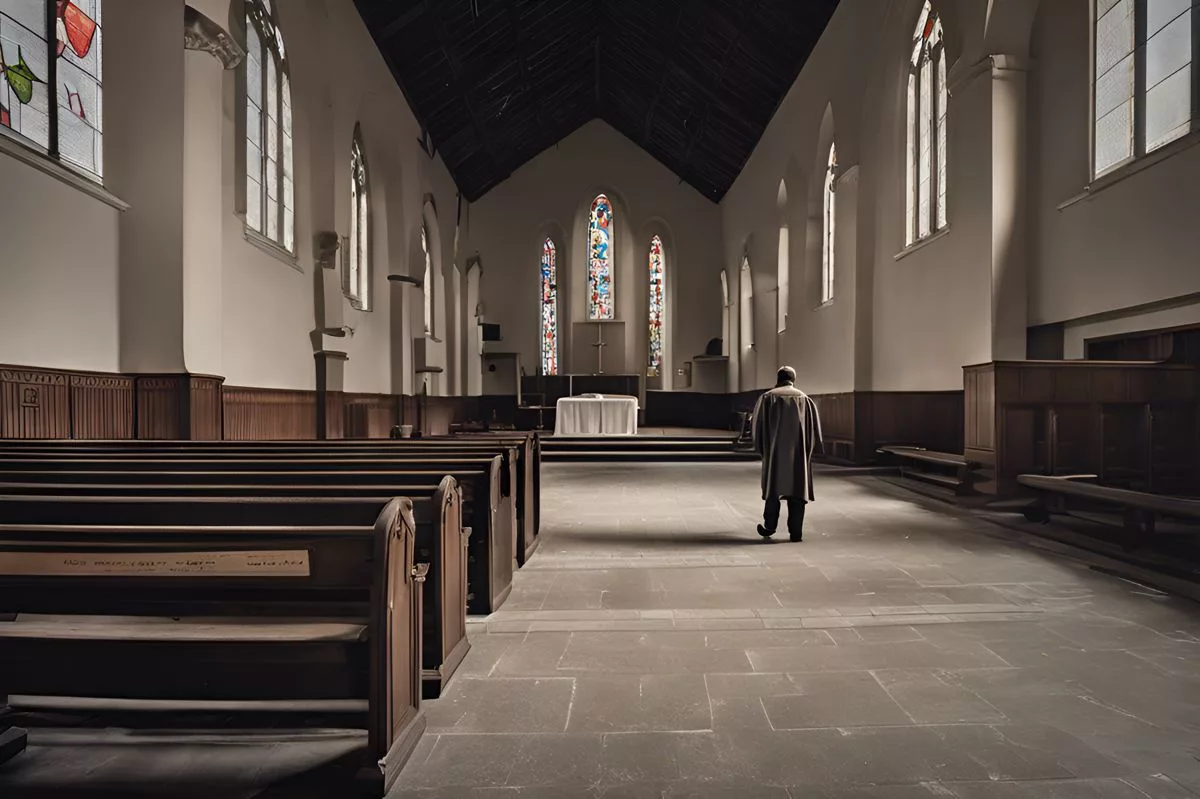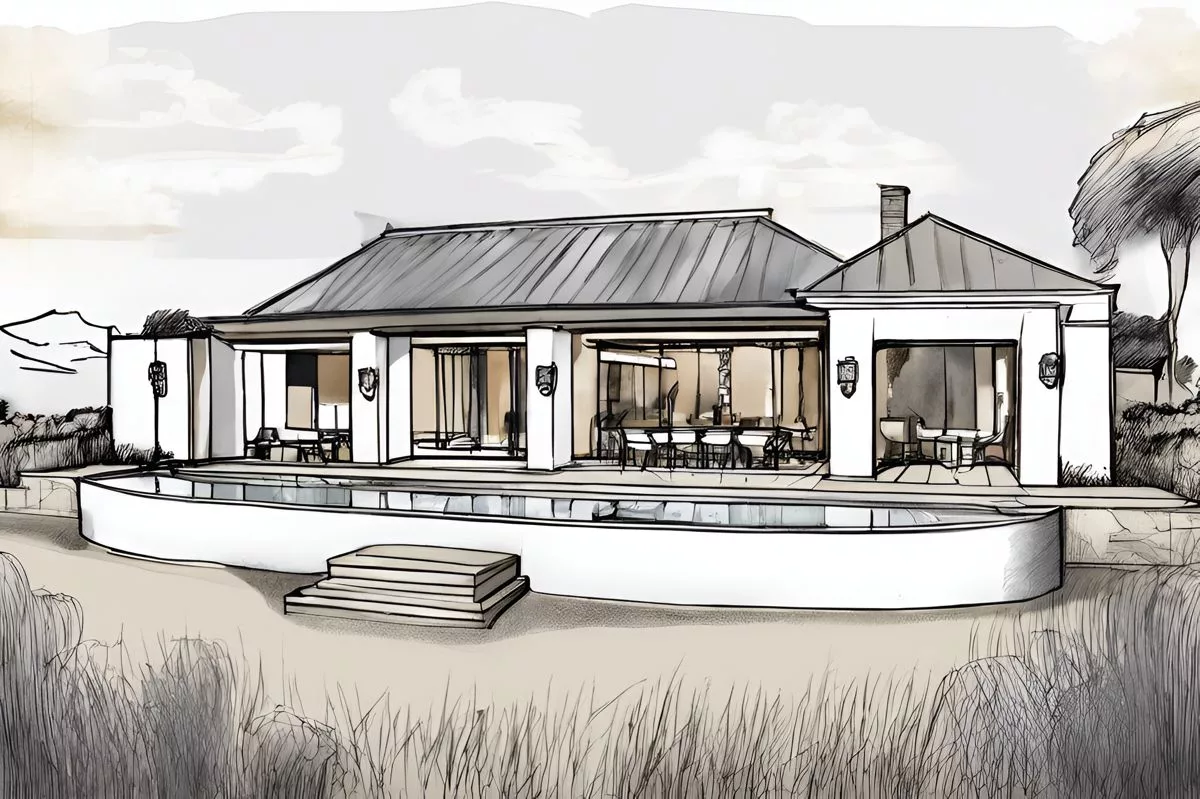Parliament has released the findings of an investigation into allegations made against Commissioner Mbuyiselo Botha at the Commission for Gender Equality. The investigation found evidence of derogatory, disrespectful, and belittling remarks made by Botha towards fellow commissioners. The panel recommended a formal inquiry into the allegations of misconduct against Botha, and the National Assembly is committed to upholding the highest standards of public service and accountability throughout the process. This demonstrates the importance of transparency and accountability in preserving the integrity of institutions supporting constitutional democracy.
What were the findings of Parliament’s investigation into the claims against Commissioner Botha?
The Independent Panel of Experts found prima facie evidence of derogatory, disrespectful, and belittling remarks made by Commissioner Mbuyiselo Botha about his fellow commissioners at the Commission for Gender Equality. The panel recommended that the National Assembly begin a formal inquiry into the allegations of misconduct against Mr. Botha. The National Assembly is committed to upholding the highest standards of public service and accountability throughout this process.
On the 11th of April, 2024, Parliament exemplified transparency and accountability by sharing the results of an investigation conducted by an Independent Panel of Experts. They were given the task of conducting an initial evaluation of claims made against Commissioner Mr. Mbuyiselo Botha from the Commission for Gender Equality (CGE). These findings, carefully gathered over several months, can now be viewed on the Parliament website, as well as in the Announcements, Tablings, and Committee (ATC) Reports section for Members of Parliament to review.
Genesis of the Investigation
The catalyst for this exhaustive inquiry was a motion put forward by Honourable Fikile Masiko MP on November 1, 2023. The motion suggested an investigation as per section 194(1) of the Constitution to consider the dismissal of Mr. Botha from his role at the CGE due to alleged misbehavior. Faithfully following its constitutional duty, the National Assembly put together a panel on March 7, 2024, to carry out a preliminary evaluation. This panel executed its responsibilities thoroughly and presented its report to Parliament on April 10, 2024.
Methodology and Findings
The panel’s thorough assessment involved an in-depth review of numerous submissions and pieces of evidence, including an exhaustive set of 124 pages of documents and an audio recording from a CGE plenary meeting dated July 20, 2021. The evaluation was complicated by Mr. Botha’s unwillingness to provide a substantive written response to the allegations, despite numerous opportunities to do so. His legal team instead opted to focus on procedural inquiries and the nature of the evidence, which did not adequately address the grave allegations against him.
The panel’s investigation unveiled prima facie evidence pointing to Mr. Botha’s derogatory, disrespectful, and belittling remarks about his fellow commissioners. If proven, such behavior would violate the constitutional obligations of dignity, respect, and equality—values core to the CGE’s mission.
Assessment and Recommendations
The panel’s results suggest that Mr. Botha’s conduct might have breached several legal and ethical standards as outlined by the Constitution, the CGE Act, and the Commissioners’ Handbook. Such actions can not only damage the reputation of the commissioners involved but also risk undermining the public’s perception of the CGE, an essential institution for gender equality.
The panel’s assessment implies a failure by Mr. Botha to fulfill his fiduciary duties towards the CGE, duties that include acting in good faith and in the organization’s best interests. This issue is particularly significant given the public trust placed in the role of a commissioner and the responsibilities that come with it.
In light of these findings, the panel recommended that the National Assembly begin a formal inquiry into the allegations of misconduct against Mr. Botha. This suggestion aligns with the panel’s mandate and the guidelines provided in section 194 of the Constitution, as well as the rules of the National Assembly.
Ensuring Accountability and Upholding Democratic Values
The Assembly rules require the Speaker to expedite the recommendations for consideration, highlighting the urgency and significance of the issue. If the Assembly decides to commence a section 194 inquiry, the matter will be referred to a committee for a comprehensive inquiry that upholds principles of fairness, justice, and transparency.
The National Assembly and its committees are committed to preserving public trust and the integrity of institutions like the CGE throughout this process. Every stage will be executed with a dedication to upholding the highest standards of public service and accountability.
The National Assembly, guided by its rules and the Constitution, remains unwavering in its commitment to ensuring that all proceedings are conducted with respect for democratic values and the rule of law. The integrity of institutions supporting constitutional democracy, like the CGE, is of utmost importance. Any actions threatening this integrity are subjected to rigorous scrutiny and due process.
What prompted the investigation into Commissioner Mbuyiselo Botha?
Honourable Fikile Masiko MP put forward a motion on November 1, 2023, suggesting an investigation into the alleged misbehavior of Commissioner Mbuyiselo Botha at the Commission for Gender Equality. The National Assembly formed a panel on March 7, 2024, to conduct a preliminary evaluation, which presented its report to Parliament on April 10, 2024.
What evidence was reviewed during the investigation?
The Independent Panel of Experts reviewed numerous submissions and pieces of evidence, including a 124-page document set and an audio recording from a CGE plenary meeting on July 20, 2021. However, Mr. Botha’s legal team did not provide a substantive written response to the allegations.
What were the findings of the investigation?
The investigation found prima facie evidence of derogatory, disrespectful, and belittling remarks made by Commissioner Mbuyiselo Botha towards fellow commissioners at the Commission for Gender Equality. The panel recommended a formal inquiry into the allegations of misconduct against Botha.
What legal and ethical standards did the investigation find may have been breached?
The investigation suggests that Mr. Botha’s conduct may have breached several legal and ethical standards outlined by the Constitution, the CGE Act, and the Commissioners’ Handbook. These breaches can damage the reputation of the commissioners involved and risk undermining the public’s perception of the CGE.
What happens next after the investigation?
The panel recommended that the National Assembly begin a formal inquiry into the allegations of misconduct against Commissioner Botha. If the Assembly decides to commence a section 194 inquiry, the matter will be referred to a committee for a comprehensive inquiry that upholds principles of fairness, justice, and transparency.
How is the National Assembly ensuring accountability and upholding democratic values?
The National Assembly and its committees are committed to preserving public trust and the integrity of institutions like the CGE throughout this process. Every stage will be executed with a dedication to upholding the highest standards of public service and accountability. The National Assembly remains unwavering in its commitment to ensuring that all proceedings are conducted with respect for democratic values and the rule of law.

